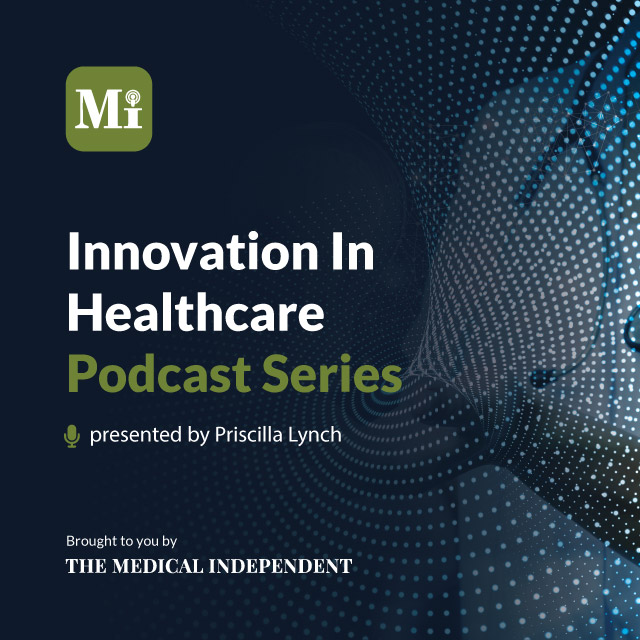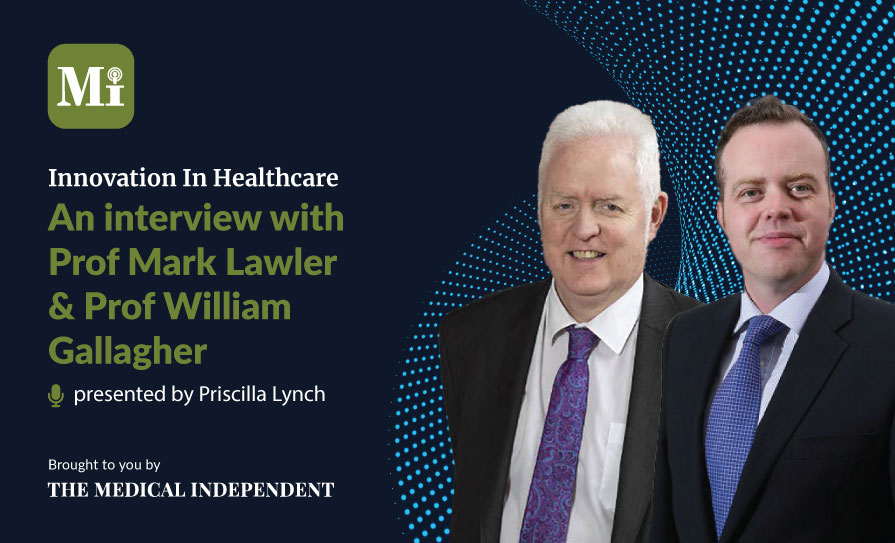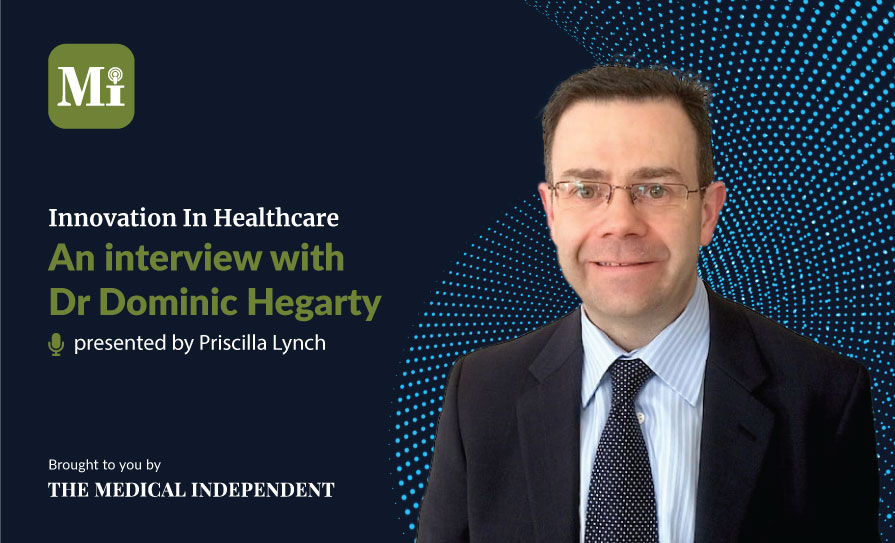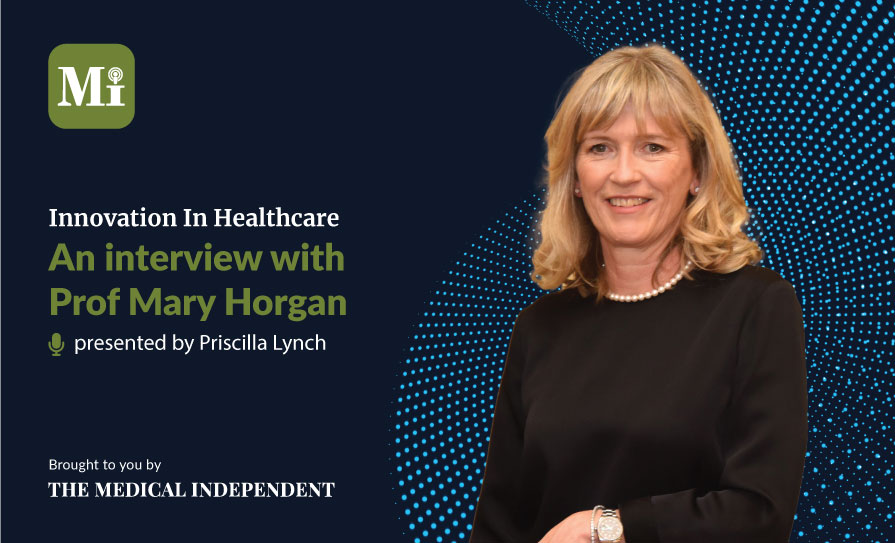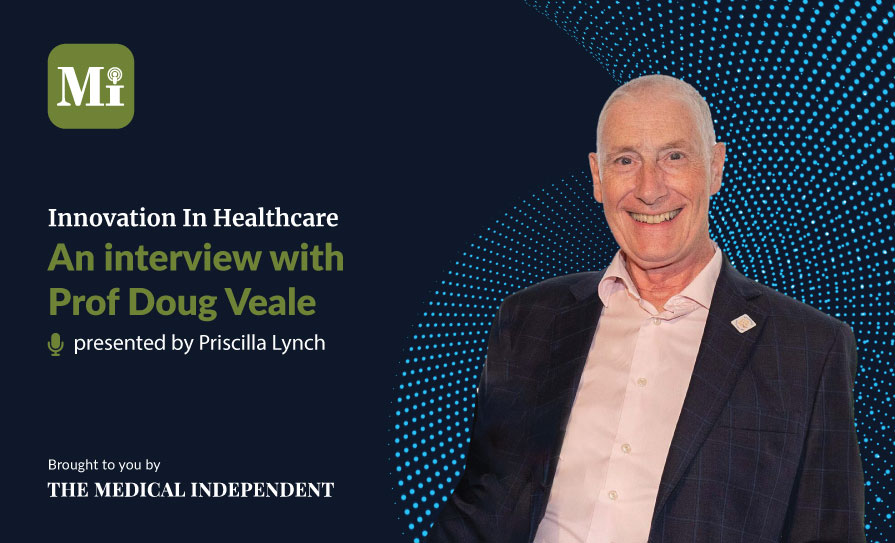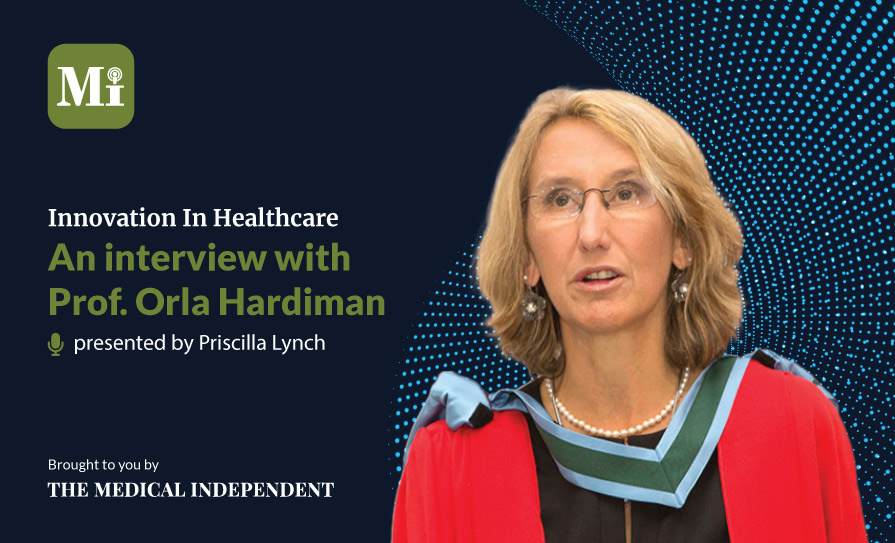E02 | Innovation in Healthcare: An interview with Prof Derek O’Keeffe
18th Aug 2023
In the second episode of our new podcast series, Innovation in Healthcare, we speak to Prof Derek O’Keeffe. Prof Derek O’Keeffe is a Physicianeer, who holds dual first-class honors degrees and doctorates in Engineering and Medicine.
Takeaways from the conversation with Dr. Derek O’Keeffe and key points to consider:
- Collaboration and Hive Mindset: Dr. O’Keeffe emphasises the importance of collaboration and teamwork, drawing an analogy from the honeybee hive. He highlights that working together as a collective is crucial for achieving better outcomes, and it’s vital to acknowledge one’s blind spots and embrace collaboration with experts from various fields.
- Innovation From Clinical Problems: The conversation showcases how innovative solutions can arise from addressing real-world clinical challenges. The “diabetes drone” project and the use of quadruped robots stemmed from identifying critical medical needs and working towards creative solutions.
- Patient-centred Approach: Throughout the conversation, Dr. O’Keeffe underscores the significance of putting patients at the heart of innovation. Involving patients in the development process, seeking their input, and tailoring solutions to their needs are essential for meaningful impact.
- Digital Transformation and AI: The integration of technology, especially AI, holds immense potential in healthcare. The use of AI for analysing cough patterns to differentiate between COVID-19 and non-COVID-19 coughs is an example of how AI can contribute to diagnostics and monitoring.
- Public Patient Involvement (PPI): Dr. O’Keeffe discusses the importance of involving patients and the public in the early stages of research and development. Incorporating their insights ensures that solutions are practical, effective, and address genuine concerns.
- Translational Research: The conversation highlights the value of translational research that bridges the gap between laboratory findings and real-world applications. Dr. O’Keeffe’s lab focuses on ensuring that research directly benefits patients and contributes to clinical practice.
- AI in Medical Practice: While acknowledging the potential of AI and large language models like ChatGPT, it’s essential to consider the quality and accuracy of the data they rely on. Dr. O’Keeffe suggests that AI can enhance efficiency in medical practice, but it should only be integrated if it genuinely improves patient care.
- Ethics and Veracity: It’s crucial to address the ethical implications of AI and ensure that the information generated is accurate and reliable. Dr. O’Keeffe notes that while AI has immense potential, its application should be considered thoughtfully and responsibly.
